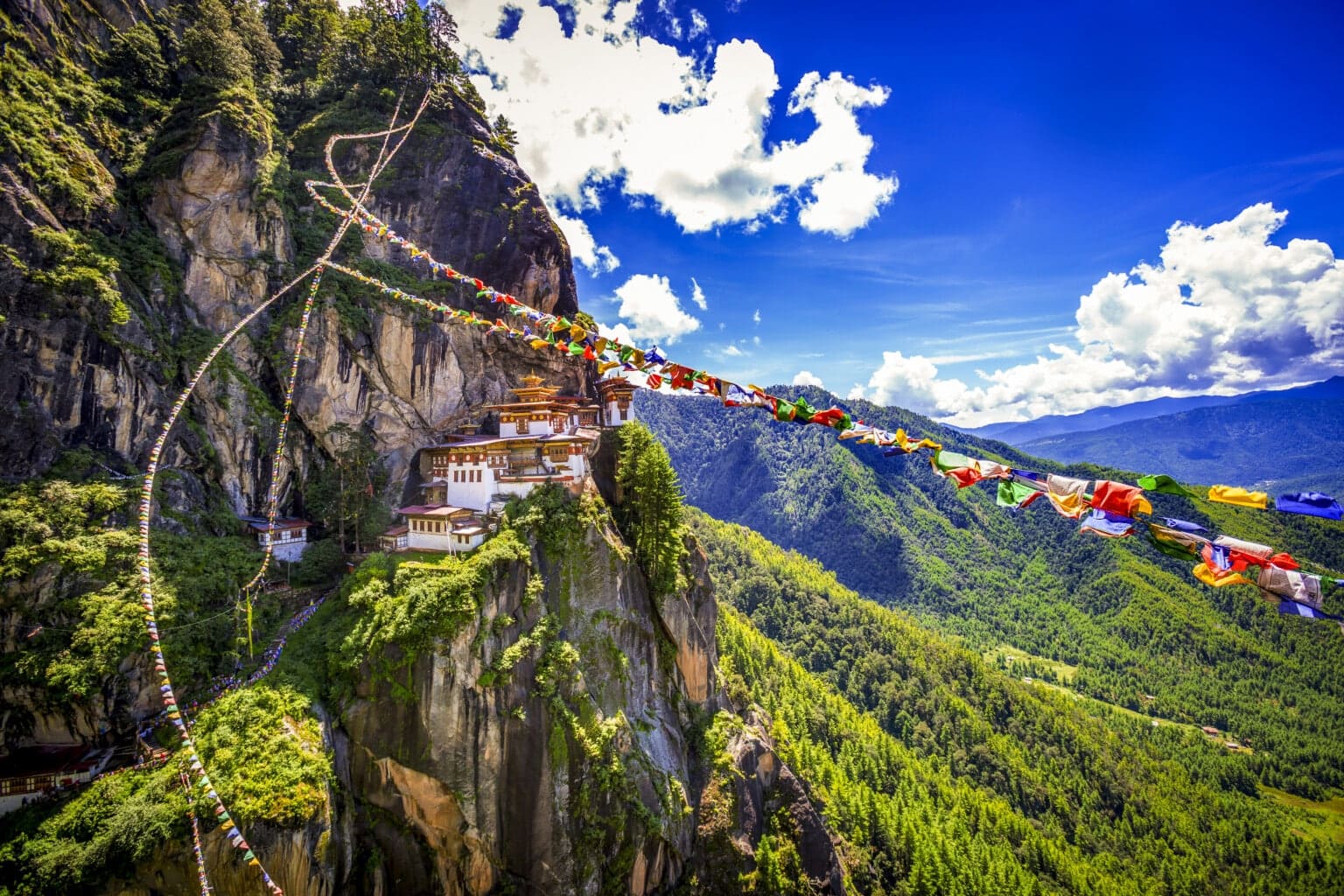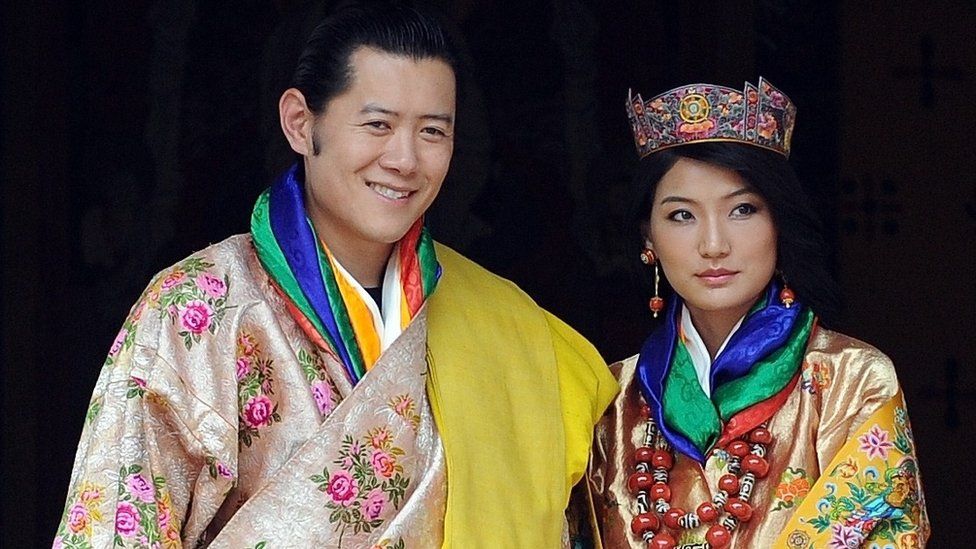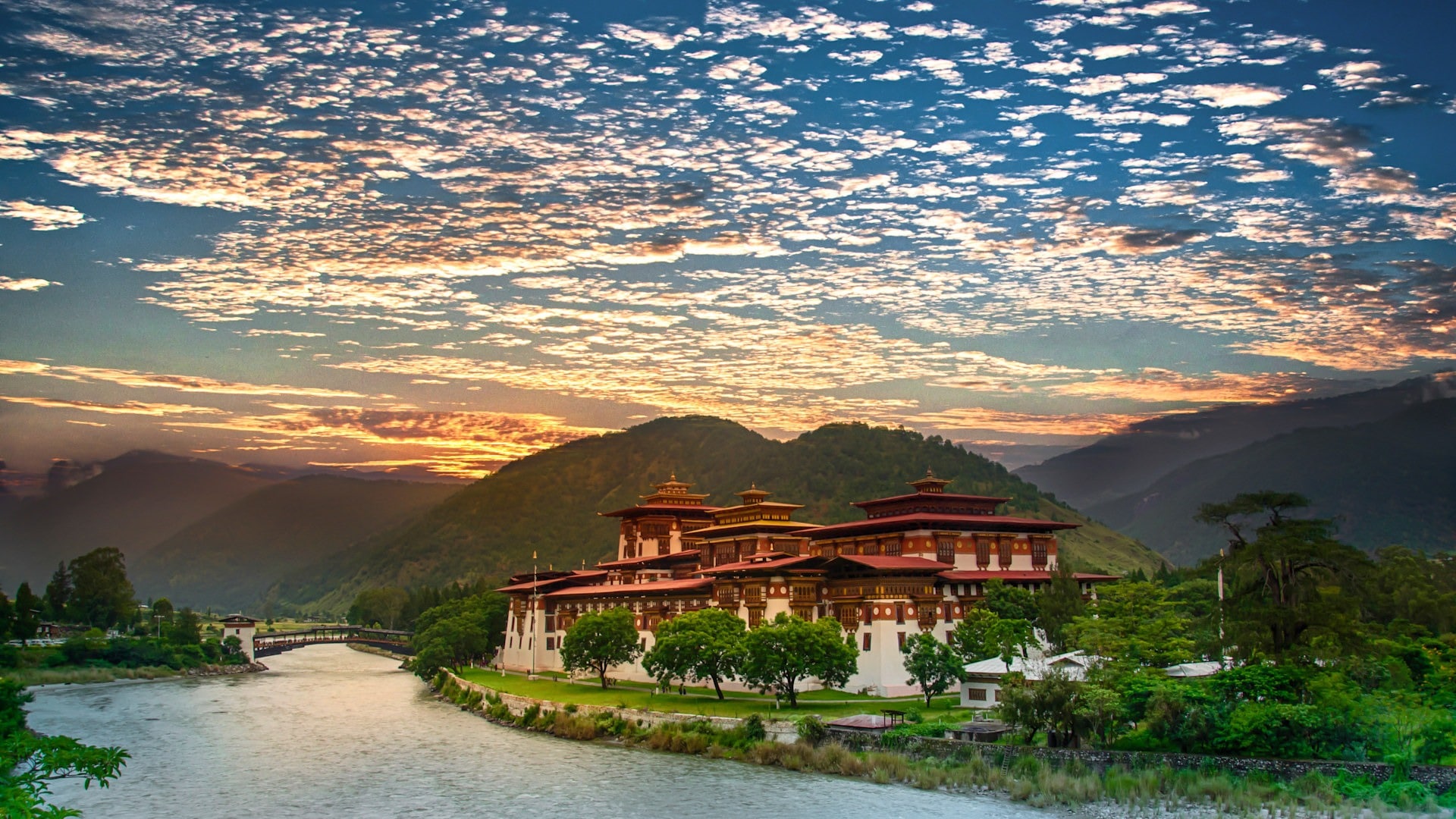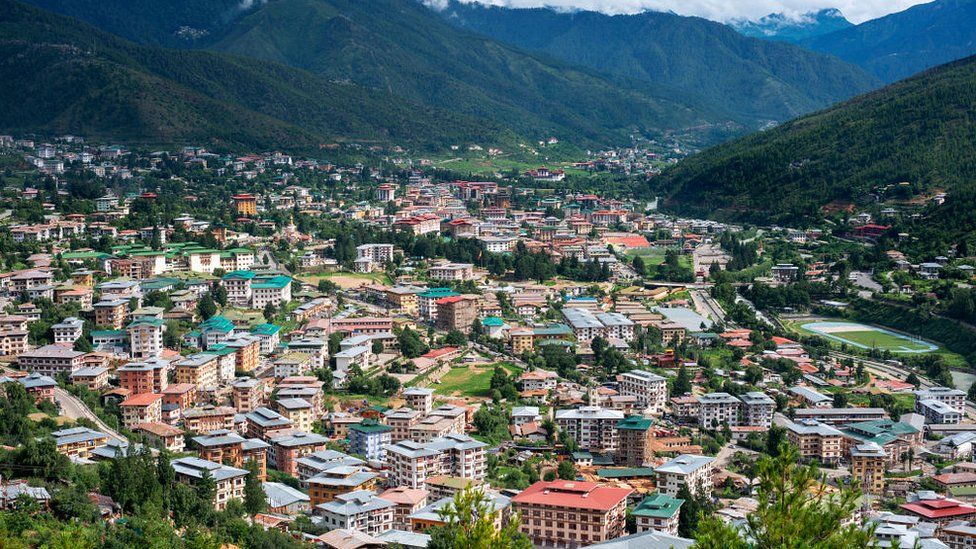Bhutan: The Land of Gross National Happiness
Introduction:
Nestled in the heart of the Eastern Himalayas, Bhutan, known as the Land of the Thunder Dragon, is a small Himalayan kingdom that captivates the imagination with its stunning landscapes, rich cultural heritage, and unique approach to governance. Despite its small size, Bhutan has garnered international attention for its commitment to prioritizing the well-being and happiness of its citizens over economic growth alone. In this exploration, we delve into the multifaceted layers of Bhutan, uncovering its historical roots, cultural traditions, environmental stewardship, and the philosophy of Gross National Happiness that defines its national identity.
Historical and Cultural Heritage:
Bhutan's history is steeped in legend and folklore, tracing its origins to the arrival of Tibetan saint Guru Rinpoche in the 8th century. Buddhism has played a central role in shaping Bhutanese culture and society, with the country's monasteries, temples, and sacred sites serving as focal points for religious devotion and spiritual practice. The architectural marvels of Bhutan, such as the iconic Paro Taktsang (Tiger's Nest) monastery, stand as testaments to the country's rich cultural heritage and spiritual significance.
Bhutan's monarchy has also played a pivotal role in shaping the country's modern history. Under the visionary leadership of King Jigme Singye Wangchuck, Bhutan embarked on a path of modernization and democratization while simultaneously preserving its unique cultural identity and traditions. The institution of the monarchy continues to command deep respect and admiration among the Bhutanese people, serving as a symbol of unity, stability, and continuity in a rapidly changing world.
Gross National Happiness (GNH):
One of Bhutan's most distinctive contributions to the global discourse on development is the concept of Gross National Happiness (GNH). Introduced by King Jigme Singye Wangchuck in the 1970s, GNH represents a holistic approach to development that prioritizes the well-being and happiness of the Bhutanese people over narrow measures of economic growth.
GNH encompasses four pillars: sustainable and equitable socio-economic development, conservation of the environment, preservation and promotion of culture, and good governance. These pillars are further supported by nine domains, including psychological well-being, health, education, cultural diversity, time use, and community vitality. Through the GNH Index, Bhutan seeks to measure and track progress in these domains, providing a comprehensive framework for policymaking and decision-making that goes beyond conventional measures of economic success.
Environmental Stewardship:
Bhutan's commitment to environmental conservation is enshrined in its constitution, which mandates that at least 60% of the country's land must remain under forest cover for all time. This ambitious goal reflects Bhutan's recognition of the intrinsic value of its natural heritage and its responsibility to future generations.
The country's forests not only provide habitat for a diverse array of flora and fauna but also serve as a vital carbon sink, helping to mitigate the impacts of climate change. Bhutan has emerged as a global leader in sustainable forest management and biodiversity conservation, with initiatives such as the Bhutan for Life partnership mobilizing international support for conservation efforts.
In addition to its forests, Bhutan is also known for its commitment to renewable energy. The country harnesses the power of its rivers to generate hydroelectricity, which not only meets domestic energy needs but also generates revenue through exports to neighboring countries. Bhutan's focus on clean and renewable energy aligns with its broader commitment to environmental sustainability and underscores the interconnectedness of ecological health and human well-being.
Cultural Preservation and Promotion:
Bhutan's rich cultural heritage is celebrated and preserved through various initiatives aimed at promoting traditional arts, crafts, music, dance, and literature. The Royal Academy of Performing Arts, established in 1954, plays a central role in nurturing artistic talent and preserving Bhutanese cultural traditions. Festivals such as the Paro Tshechu and Thimphu Tshechu offer opportunities for locals and visitors alike to experience the vibrancy and diversity of Bhutanese culture.
The Bhutanese government also places great emphasis on education as a means of preserving and promoting cultural heritage. The country's school curriculum includes classes on Bhutanese history, culture, and language, ensuring that future generations are equipped with the knowledge and appreciation of their cultural roots. Efforts to revitalize traditional arts and crafts, such as weaving, painting, and sculpture, provide economic opportunities for artisans while preserving intangible cultural heritage.
Challenges and Opportunities:
Despite its many achievements, Bhutan faces a range of challenges as it seeks to navigate the complexities of the 21st century. Rapid urbanization and modernization pose threats to traditional ways of life and cultural practices, leading to concerns about cultural erosion and identity loss. In addition, Bhutan's reliance on hydropower exports exposes the country to risks associated with fluctuating energy prices and changing market dynamics.
Furthermore, Bhutan's transition to a democratic constitutional monarchy has brought new challenges in terms of governance, accountability, and political participation. While the country has made significant strides in democratization, there remain areas for improvement in terms of transparency, inclusivity, and the protection of civil liberties. The country's forests not only provide habitat for a diverse array of flora and fauna but also serve as a vital carbon sink, helping to mitigate the impacts of climate change. Bhutan has emerged as a global leader in sustainable forest management and biodiversity conservation, with initiatives such as the Bhutan for Life partnership mobilizing international support for conservation effortshutan's monarchy has also played a pivotal role in shaping the country's modern history. Under the visionary leadership of King Jigme Singye Wangchuck, Bhutan embarked on a path of modernization and democratization while simultaneously preserving its unique cultural identity and traditions. The institution of the monarchy continues to command deep respect and admiration among the Bhutanese people, serving as a symbol of unity, stability, and continuity in a rapidly changing world..
The country's forests not only provide habitat for a diverse array of flora and fauna but also serve as a vital carbon sink, helping to mitigate the impacts of climate change. Bhutan has emerged as a global leader in sustainable forest management and biodiversity conservation, with initiatives such as the Bhutan for Life partnership mobilizing international support for conservation effortshutan's monarchy has also played a pivotal role in shaping the country's modern history. Under the visionary leadership of King Jigme Singye Wangchuck, Bhutan embarked on a path of modernization and democratization while simultaneously preserving its unique cultural identity and traditions. The institution of the monarchy continues to command deep respect and admiration among the Bhutanese people, serving as a symbol of unity, stability, and continuity in a rapidly changing world..




































